Thursday, June 16, 2022 at 8 p.m. on KPBS 2 / Watch now with KPBS Passport!
—Join Top Scientists on a Global Adventure to Unlock the Evolutionary Secrets of Four Iconic Creatures—
Created in a first-ever partnership between PBS and Smithsonian Channel, “When Whales Walked: Journeys In Deep Time” is a two-hour film tracing the epic origin stories of some of the world’s most spectacular creatures. From Abu Dhabi to Argentina, Kenya to China, the program takes viewers on a global adventure as top scientists investigate clues from the fossil record and use 21st-century technology to unlock the evolutionary secrets of crocodiles, birds, whales and elephants.
Using innovative storytelling techniques, 3D graphics and CGI to bring ancient beasts to life, “When Whales Walked” offers surprising insights into the evolution of these magnificent animals, exploding myths about the path these species took over millions of years.
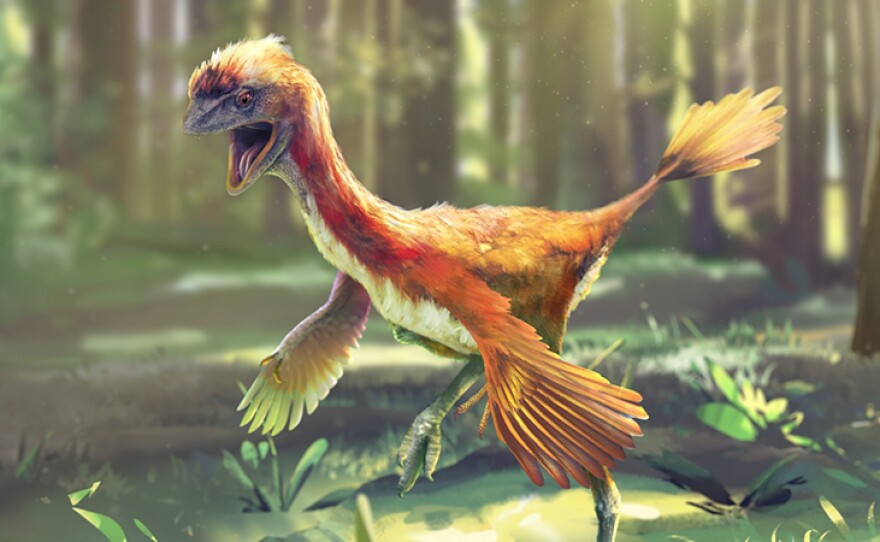
Evoking awe and wonder, “When Whales Walked” contains startling revelations about the ancient ancestors of animals still alive today. The film is narrated by actor Lee Pace ("Guardians of the Galaxy," "The Hobbit").

One early croc relative was built like a greyhound, ancient whales really did walk on four legs and the earliest ancestor of the elephant was the size of a rabbit.
Birds arose from feathered dinosaurs — in fact, they are dinosaurs — and went on to colonize the natural world as well as the urban spaces created by humans.
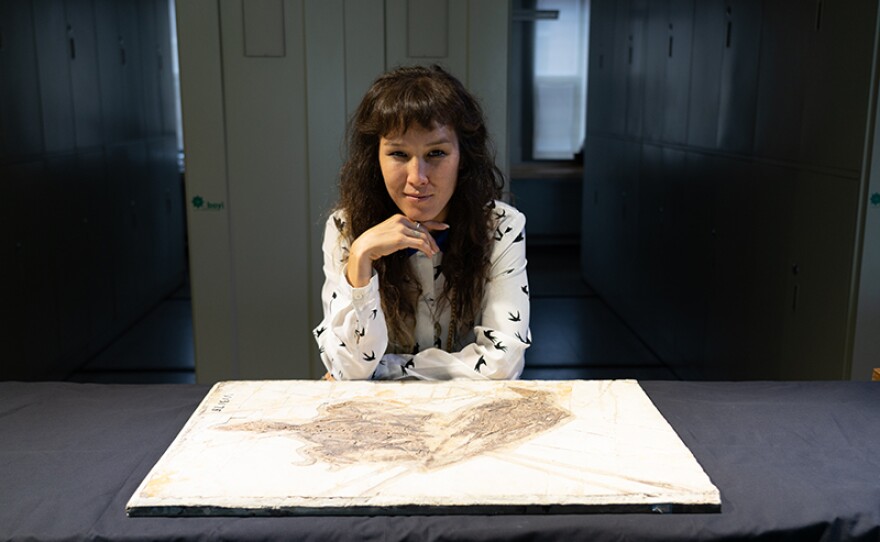
But the end of the story has yet to be written, and the film sounds an alarm about the dangers each of these survivors faces. Exploring the mystery and majesty of these amazing animals, “When Whales Walked” reminds us that their future lies in the hands of humans.
“‘When Whales Walked: Journeys In Deep Time’ dives deep into the fascinating origins of some of the world’s most incredible creatures,” said Bill Gardner, Vice President, PBS Programming and Development. “By exploring the latest scientific discoveries, we bring millions of years of natural history alive in some very unexpected ways. As America’s home for documentary film and the market leaders in science and natural history content, we’re thrilled to partner with an institution like the Smithsonian to showcase these spectacular new breakthroughs in evolutionary history.”
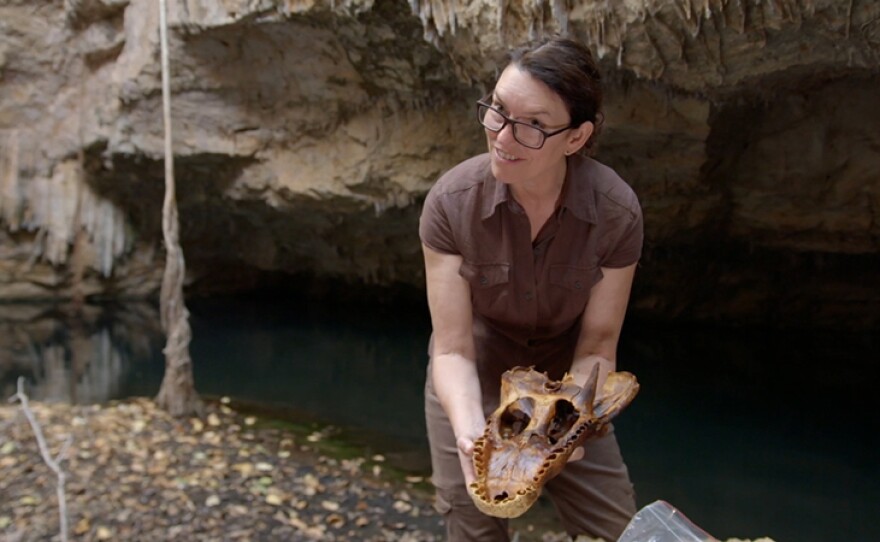
“When we marvel at the wonders of the natural world, like an elephant’s trunk or the size of a blue whale, we rarely ask, ‘Where did that come from?’ It turns out, scientists are finding some truly extraordinary answers,” said Charles Poe, SVP of Production, Smithsonian Channel. “This film will introduce viewers to the surprising ancestors of animals we know and love. We’re very excited to be launching our first partnership with PBS to take viewers on an utterly unique journey to the deep past.”
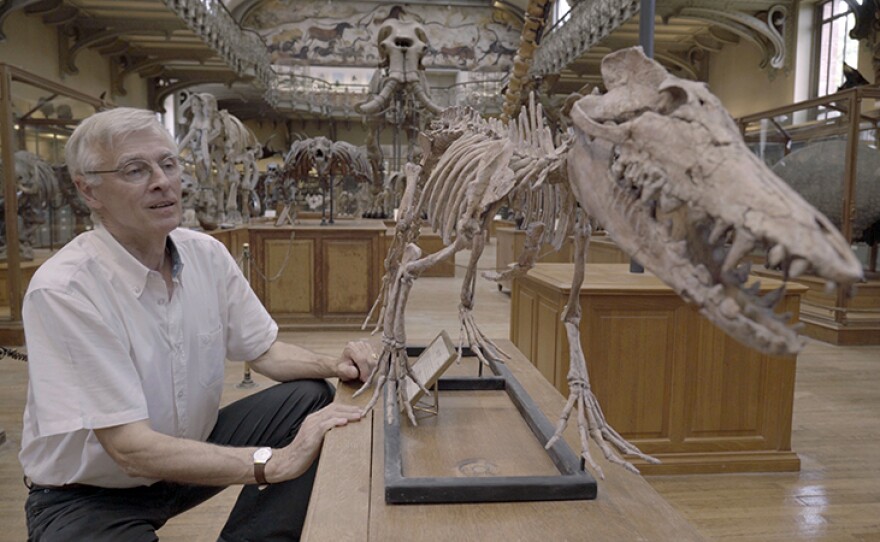
“‘When Whales Walked: Journeys In Deep Time’ takes us to the frontiers of science,” said Michael Rosenfeld, Vice President of National Production for Twin Cities PBS, who originated the project. “It shows how researchers are using not just paleontology, but genetics, climate science and ecology to fill in the gaps in the story of life. And it’s not just a story of the past—these discoveries carry important lessons for today and even the future.”
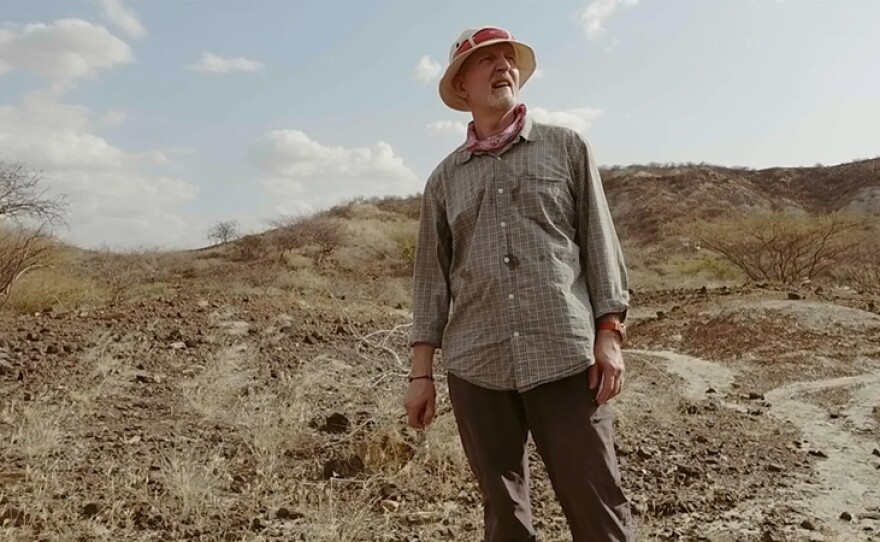
Watch On Your Schedule:
Watch now with KPBS Passport, a benefit for members supporting KPBS at $60 or more yearly, using your computer, smartphone, tablet, Roku, AppleTV, Amazon Fire or Chromecast. Learn how to activate your benefit now.
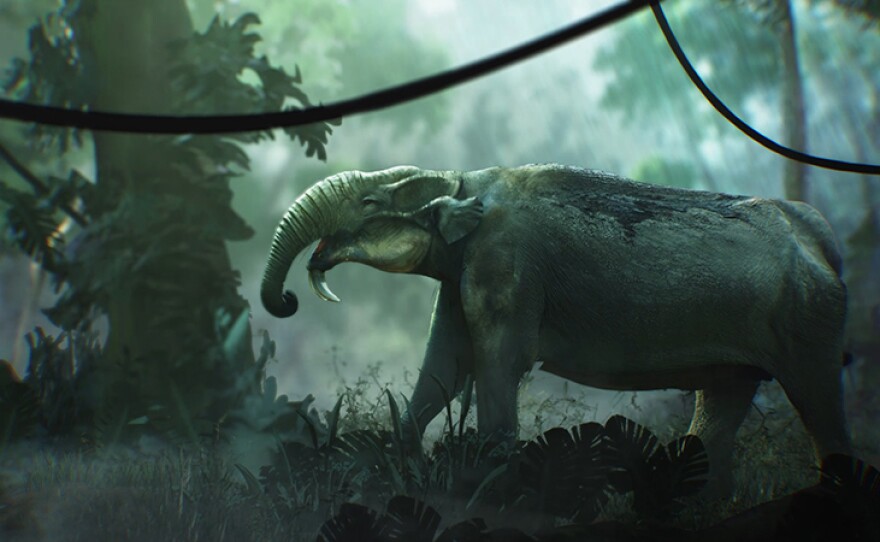
Join The Conversation:
PBS is on Facebook, Instagram + @PBS on Twitter #WhenWhalesWalked
Smithsonian Channel is on Facebook, Instagram + @SmithsonianChan on Twitter
Credits:
Produced by Twin Cities PBS and Shining Red Productions for PBS and Smithsonian Channel. Michael Rosenfeld is executive producer for Twin Cities PBS. Bill Gardner is executive in charge for PBS. Executive producers for Smithsonian Channel are Charles Poe and David Royle.





